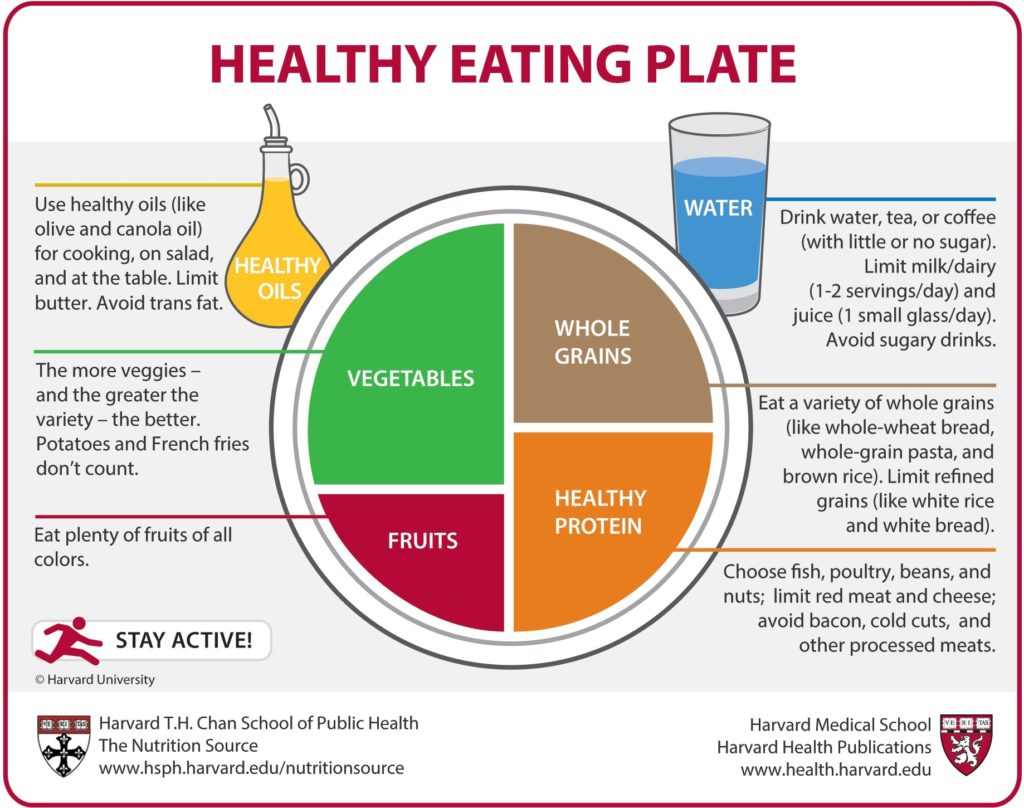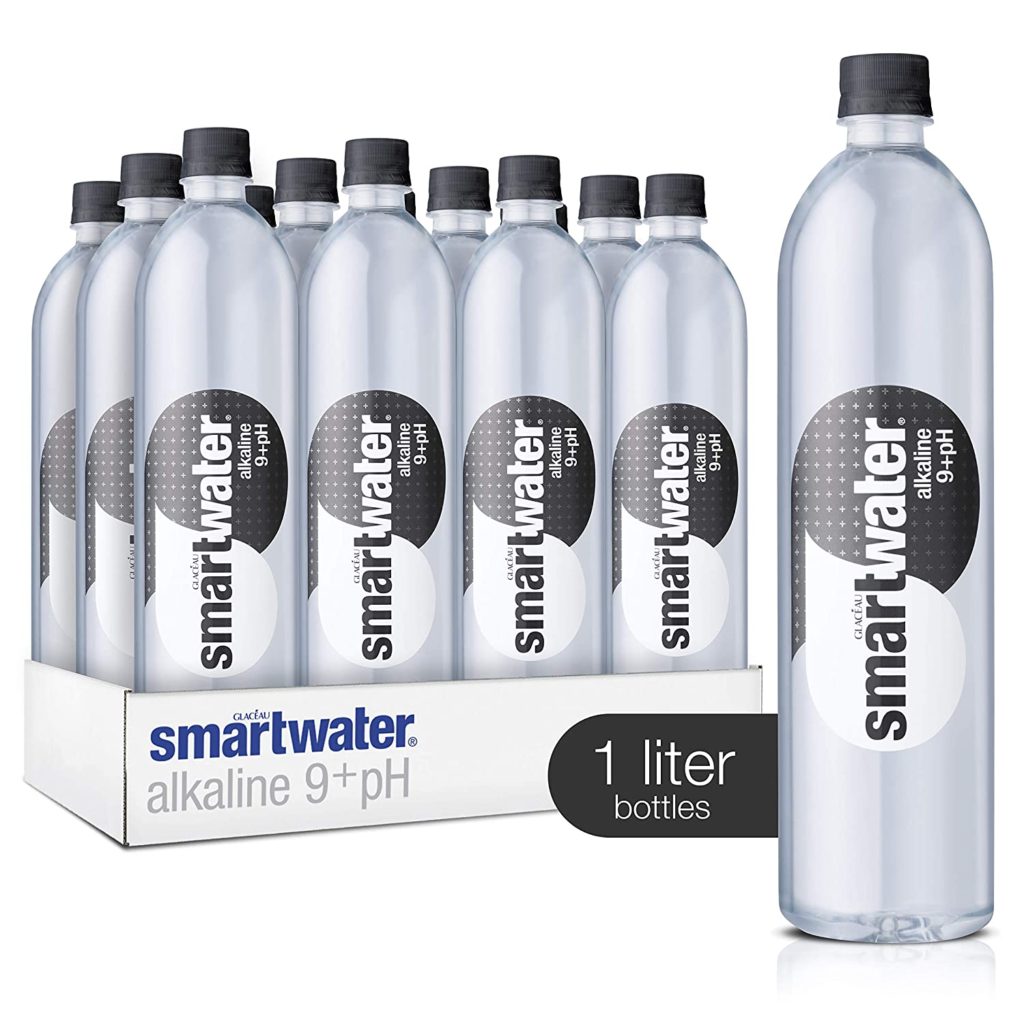
Let’s talk nutrition supplements and health misinformation!
Alrighty friends, we’re going to get a little nerdy today.
I won’t name names… but I’m thinking about health misinformation because I recently heard an advertisement claim that “even with a balanced diet it is hard to meet your nutritional needs, and that’s why you need OUR product!!”
Whewww. What a great example of health misinformation to sell a product and diet culture messages that make you believe no matter what you do you aren’t healthy enough!
It’s just not true, and we have plenty of research to show that. In fact, a balanced diet is literally called balanced because with this type of eating pattern, there is a pretty good chance you are meeting all of your recommended dietary needs!
(FYI: this Harvard healthy eating plate is a great example of how to aim for a balanced plate that I like to share with clients)
However, misinformation like in the advertisement claim above causes us to have skewed beliefs about how to be healthy. Guess what? Companies with a product to sell to “enhance your health” know this. This is why it is so important to watch out for snake oil salesmen who promote products that “fix” you.

Unless a supplement recommendation is coming from your doctor or a nutrition professional like a Registered Dietitian, you should at least be initially skeptical. Even then, if a recommendation made to you by your healthcare provider sounds unrealistic for your lifestyle or generally questionable, you can always look for a second opinion from a different healthcare provider. Remember we work for you and your specific needs, not the other way around!
Back to the misinformation around nutritional supplements. The problem is, it’s easy to sell products based on claims that a product can “boost your immunity,” “balance your pH,” “reduce inflammation,” or any variety of other claims you’ve probably heard. Are these claims legit? Does reliable medical research show these claims to be true?
A lot of the time, it doesn’t.
To become nutrition professionals, Registered Dietitians have to complete nutrition and dietetics undergraduate studies, a supervised internship of at least 1200 hours, pass an intensive exam, and are required to earn continuing education credits to maintain our titles. But not everyone has this in-depth education on anatomy and physiology (aka how your body works), how nutrition interacts with your body’s natural processes, and how to critically assess research. This is the perfect storm for medical and health misinformation in our health and diet-obsessed society.
To understand why health supplements aren’t always what they seem, it is important for you to know that your body has a robust series of processes that help you stay in homeostasis. Homeostasis is the state your body is stable and happiest in.
A good example to help you understand homeostasis is your temperature. Most of us know that when your body is healthy, your temperature lies within a normal range. This is a small range of roughly 97-99 degrees. Most of us also know that if you have a fever, this isn’t normal, and we recognize this as a sign of potential illness. For example, a fever can tell us our body is fighting an illness and trying to get back in its homeostatic state. In this case, no more sickness and a normal temperature.
Now that you have a better understanding of homeostasis, let me give you one example of a product that isn’t as effective as advertising would have you believe.

I’ve recently heard nutrition supplement claims specifically about “balancing pH” in your body. A popular product you may have seen that claims to balance your body’s pH is alkaline water. Alkaline water supposedly balances your internal pH by helping reduce excess acidity. They also like to claim that excess acidity in your body is probably causing all of your health problems. Better pick up a case next time you’re at the store, huh??
In your body, pH refers to the level of acid or base in your blood. Measuring pH in the body is done with a blood test. Like temperature, your body has a very small preferred (homeostatic) pH range of 7.35-7.45 on a scale from 0-14. This is called acid-base balance, and it is extremely important to your health.
In fact, according to the Merck Manuals, “The blood’s acid-base balance is precisely controlled because even a minor deviation from the normal range can severely affect many organs.” So, if you are outside of this normal pH range something isn’t right, and it will be very evident. Lucky for you, there is a complex system between your blood, lungs, kidneys, and chemical buffer systems within your body that help you maintain a safe pH range.
This is why products that claim to balance pH or create a more alkaline environment in your body are just not supported by real, reliable evidence. If you were to use a pH balancing product in a large enough quantity to actually change your pH, your body’s natural systems would be right there to keep your blood pH in a normal, safe range.
Gut pH is a slightly different story, but with pretty much the same ending. Your stomach is meant to be an acidic environment for proper digestion and absorption of nutrients. Your stomach also has a protective layer of mucus meant to keep this acidic environment from negatively affecting other parts of your body. If you do have problems with stomach acidity, I would encourage you to talk to your doctor or use safe, FDA approved medications specifically designed (and well researched) to fix these issues.
A note: this article is not meant to shame you if you do have a nutrition supplement that you like or need to use, but rather encouragement to be skeptical. If something seems too good to be true, it probably is. And alkaline water is just one example of nutrition supplements, products, programs and gimmicks that diet culture and health misinformation have helped build into a huge market.
When it comes down to it, you should try to get your advice from professionals who are genuinely interested in helping you find long term health without being stuck to a program or product for the rest of your life. I myself have made supplement recommendations before, but I do so when I know they are backed by research. I’ve said it before and I’ll say it again: true health is so much more than a 30 day quick fix or miraculous supplement that “solves all your problems.”
My intuitive eating program is an excellent, holistic approach to helping you reach your health goals. Click here to learn more so you can stop spending the rest of your life feeling out of control due to the influence of diet culture.
— Lauren